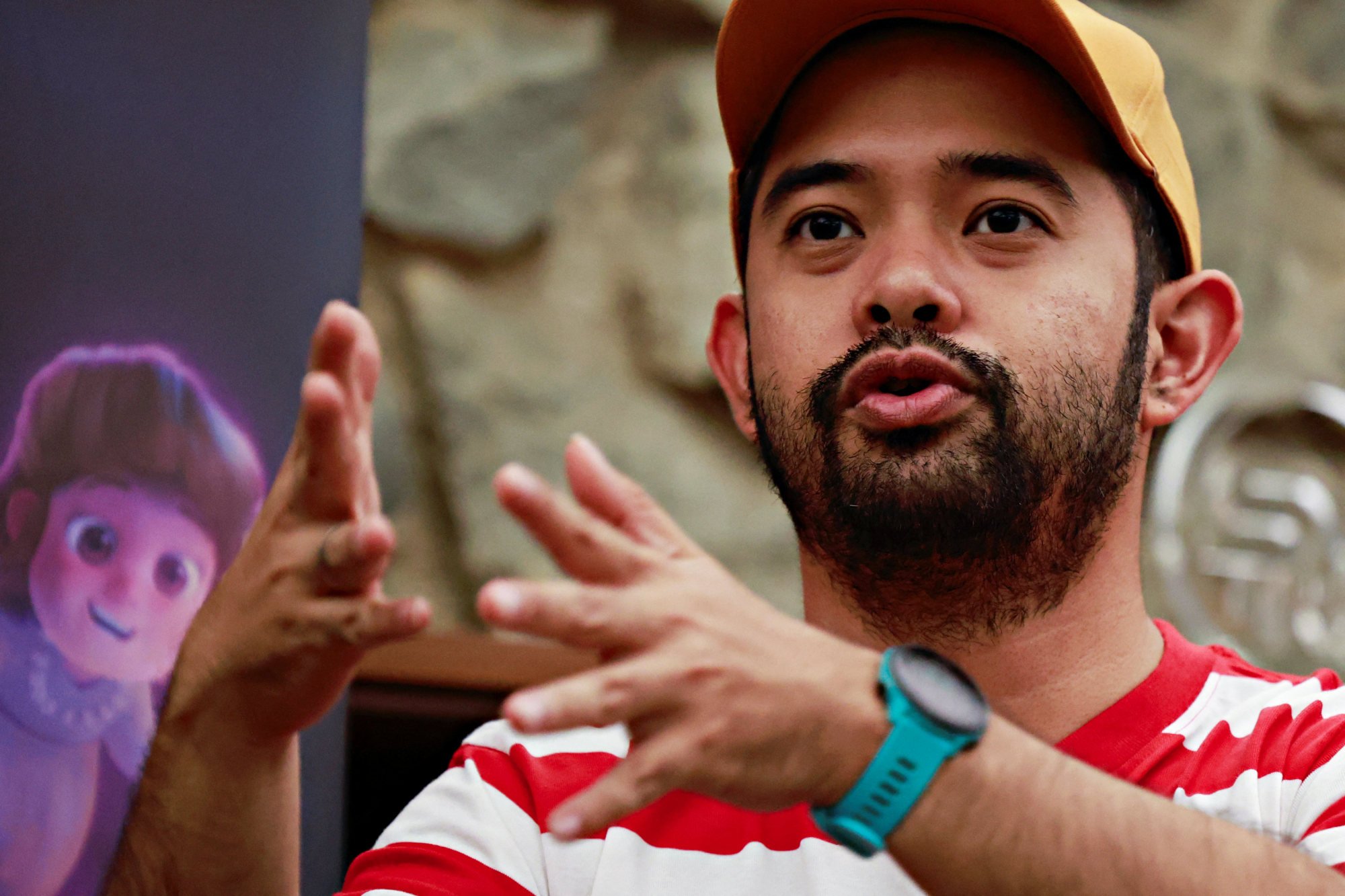Indonesian animated movie Jumbo topples Frozen 2 at the country’s box office
Jumbo has become the highest-grossing animated movie in Indonesia in a major boost for the country’s fledgling animation industry

Jumbo, an Indonesian cartoon about a spirited orphan boy named Don, has toppled the Disney film Frozen 2 to become Indonesia’s highest-grossing animated movie in a major boost for the country’s fledgling animation industry.
As of mid-May, Jumbo had been watched by more than 9.6 million people locally and earned more than US$20 million.
Released on March 31 and produced by Indonesian company Visinema Pictures, the story about a bullied village boy who tries to stage a talent show has also become Southeast Asia’s most-watched animated feature, entertainment website Deadline reported in April.
“This is an incredible milestone,” said Angga Dwimas Sasongko, Visinema Pictures’ founder and a film director. “That it could surpass Frozen 2 is not just about numbers, but also proof that Indonesians are proud and love home-grown stories.”
Though smaller in scale, the success of Jumbo is reminiscent of that of Chinese animated blockbuster Ne Zha 2, which this year beat Pixar’s 2024 hit Inside Out 2 to become the highest-grossing animated film globally.
Many producers in Indonesia prefer to make live-action movies – mostly horror – because they know such films are popular with audiences and are less labour-intensive.
Animated features are more of an unknown quantity, said Daryl Wilson, chairman of the Indonesian Animation Industry Association (IAIA).
But the success of Jumbo, which is due to be released in 17 countries from June, could help energise Indonesia’s fledgling animation industry at a time when global studios are showing more interest in the region and its talent.
“There’s a lot of enthusiasm from creators to make animated films,” said Ryan Adriandhy, Jumbo’s writer-director. “But before Jumbo, investors were still doubtful because there hadn’t been a success story that you could call a box office [hit].”

He added that Jumbo’s 420 crew, including animators and engineers, had spent five years making the film.
Ryan said the success of Jumbo reflected the timing of its release – during the Eid school holidays – as well as the story’s broad appeal.
“I realised this may open the eyes of producers, production houses and film creators that there is a very thirsty audience for content that people of all ages can enjoy,” he said.
Major local operator Cinema XXI said it recorded more than 14 million movie-goers in April, the company’s highest ever. Corporate secretary Indah Tri Wahyuni said that varied local film choices during the holidays, including Jumbo, were one reason.


Demand for animated content in the Asia-Pacific region has been rising as streaming giants such as Netflix step up commissioning and digital platforms proliferate, wrote Ireland-based Research and Markets in an April report.
The report noted the appetite for productions from established powerhouses such as Japan, South Korea and China. But it also said global studios were turning to the region for outsourced production work such as visual effects due to “the availability of highly skilled animation talents at relatively lower costs compared to Western counterparts”.
The US has since said it is exploring options to impose a 100 per cent tariff on movies produced outside the country and while the potential impact remains unclear, Indonesia still lags other Asian production hubs, according to the IAIA.
For the most part, Indonesia’s screen industry currently makes money by providing services such as concept artists and graphic designers, rather than developing more lucrative intellectual property (IP) with original stories and characters, the association said.
Angga said Jumbo was part of an effort by Visinema to create its own IP. The company has earmarked US$10 million for its animation projects, which includes two more animated feature films, he added.

Film critic Eric Sasono said the success of Jumbo showed that Don’s ability to conquer his self-doubt resonated with audiences, and underlined the importance of storytelling.
“Jumbo’s presence satiates the need for the right local story,” he said.
With the film’s success, Visinema is now discussing a “road map” for future productions featuring Don and his friends. Whether that is a sequel or a musical has not been decided, Ryan said.
“My hope is for children to still recognise or have memories of watching Jumbo,” he added.